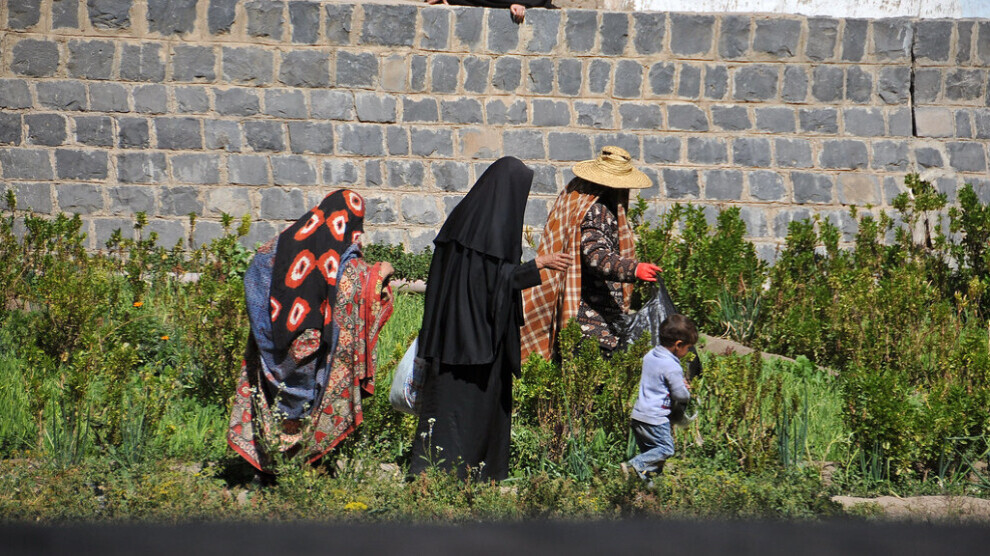HRW: Warring parties restrict women’s movement in Yemen
Parties to the conflict in Yemen are systematically violating women’s right to freedom of movement, Human Rights Watch (HRW) said Monday.

News Center- Parties to the conflict in Yemen, including the Houthis, the Yemeni government, and the Southern Transitional Council (STC), are systematically violating women’s right to freedom of movement, Human Rights Watch (HRW) said in a statement on Monday.
The authorities are barring women from traveling between governorates, and in some cases from traveling abroad, without a male guardian’s permission or being accompanied by an immediate male relative, the statement said. “Houthi authorities have drastically expanded restrictions against women’s movement in their territories since taking control of Sanaa, the capital, and much of northern Yemen in the last nine years. Yemeni government forces and STC have restricted women’s movement in the south.”
‘These restrictions have a terrible impact on women’s lives’
“Instead of focusing their efforts on ensuring that people in Yemen have access to clean water and adequate food and aid, warring parties are spending their energy raising barriers to women’s freedom of movement,” said Niku Jafarnia, Yemen and Bahrain Researcher at Human Rights Watch. “These restrictions have a terrible impact on women’s lives and impedes their ability to get health care, education, and work, and even to visit their families.”
While Yemen’s law does not require women to travel with an immediate male family member, Human Rights Watch has previously reported that some of Yemen’s laws and practice restricted women’s movement long before the outbreak of the current conflict in 2014. Yemen’s 1992 Personal Status Law says that women can lose their right to spousal maintenance if they leave the marital home without their husband’s consent or for a “legitimate reason.”
“While Yemen’s 1990 Passports Law gives all Yemenis over age 16 the right to obtain an ordinary passport, in practice, the authorities require a woman to have both the permission and presence of their male guardian to obtain or renew their personal identity cards or passports,” the statement said.
Houthi authorities issued directives
In the north, Houthi authorities increasingly began requiring women to travel with a male relative or to provide evidence of their male guardians’ written approval after taking control of Sanaa, a policy that had not existed before the war. In 2019, local media reported that the Houthi authorities had issued directives to local bus transportation companies requiring women to be escorted by a male relative when traveling between cities in Yemen.
In December 2022, UN human rights experts reported that the Houthis’ Land Transport Regulatory Authority had issued a verbal directive in August 2022 requiring women who travelled anywhere within Houthi-controlled areas or outside the country to be accompanied by a male relative.
“Human Rights Watch wrote to the Human Rights Ministries of the Houthis, the Southern Transitional Council, and the Yemeni government on January 8, 2024. The STC replied on January 17, denying that checkpoints under their authority have stopped women if they were traveling without a male relative. Human Rights Watch evidence directly contradicts this. The Houthis and the Yemeni government did not respond.”
